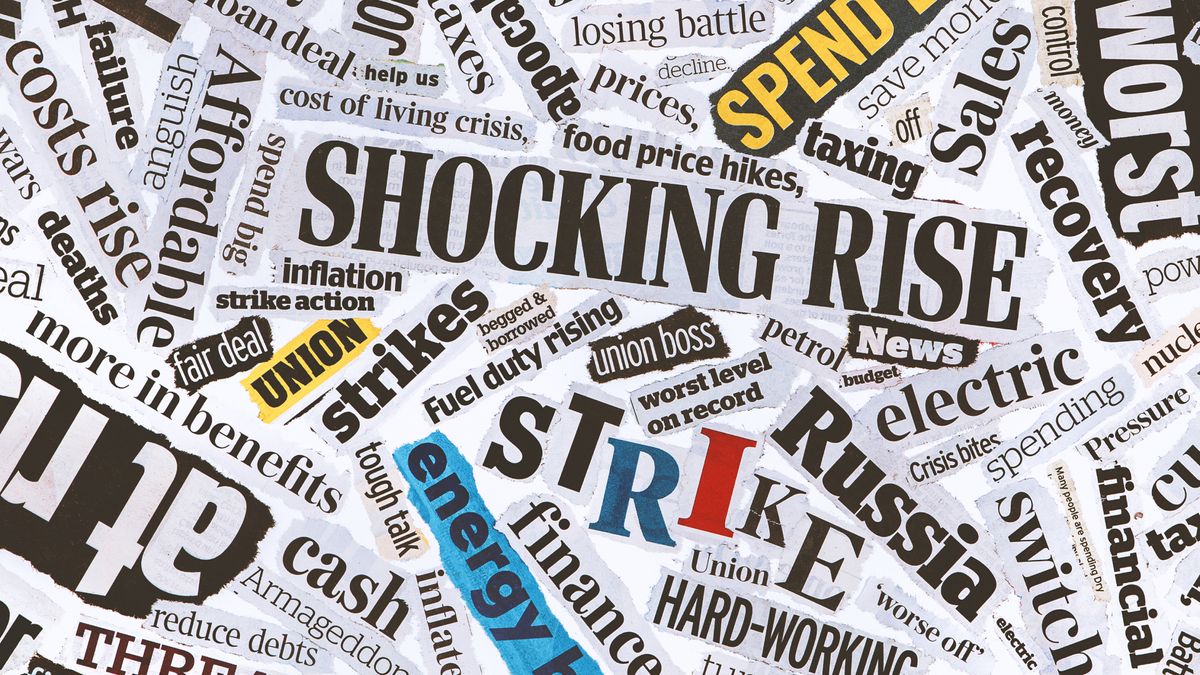A group of major emerging countries is working on a way around the dollar — but they face an uphill battle to diminish the greenback’s dominance.On Monday, Russian Foreign Minister Sergey Lavrov said BRICS countries are developing a payments platform that will allow them to bypass the US dollar, per TASS, a state news agency.The initiative came from a summit of the BRICS countries in Johannesburg last year where the group — which includes the key members of Brazil, Russia, India, China, and South Africa — called for more trade and lending in their national currencies.Lavrov said on Monday that the platform will improve the international monetary system and allow payment in national currencies for mutual trade. Russia is keen to move its trading partners away from the dollar because it faces significant sanctions from the US and its allies.
Details on the platform are scarce, including which countries could use it and when it could be adopted.Lavrov was speaking at the two-day BRICS Foreign Ministers Meeting, just days after Russia’s flagship St. Petersburg International Economic Forum. There, Russian President Vladimir Putin doubled down on his call to phase out the use of the US dollar and other “toxic” currencies.There may be more traction on this front when the BRICS bloc meets in Kazan, Russia from October 22 to October 24, according to Christopher Granville, the managing director of global political research at GlobalData TS Lombard.
The new BRICS payments system could come in the form of a digital-currency system that allows for central banks to deal with local currency transactions directly, Granville wrote in a May report.Lavrov himself touted a digital-currency-based settlement system to local media in April.’Impossible to replace something with nothing’Countries around the world have been working at diversifying their assets and chipping away at the dominance of the US dollar over fears that — like Russia — they could be shut out of the world’s greenback-based financial system should sanctions hit.Russia, a commodities powerhouse, has been using more rubles for trade. Putin said last week that the ruble now accounts for 40% of Russia’s import and export transactions.However, king dollar is so entrenched and pervasive in the world’s financial system that very few people think it can be dethroned.There are “real geoeconomic headwinds to the dollar,” Jared Cohen, the president of global affairs at Goldman Sachs wrote in Foreign Policy on Monday.Cohen acknowledged a “marginal” move toward de-dollarization but wrote that the world is far from an inflection point where there’s a concerted effort to change the dollar-based global financial system.”The two most significant problems for those advocating wholesale de-dollarization are that it is impossible to replace something with nothing and the United States’ competitors do not currently have the capability or will to replace the dollar, even if their rhetoric at times suggests otherwise,” he wrote.Still, Cohen warned that the dollar’s supremacy should not be taken for granted. He cited developments in the US, such as fiscal brinksmanship and “unnecessary tariffs,” that could erode confidence in the greenback.On Monday, two American think tank analysts wrote in the Financial Times that “American dysfunction” — political and fiscal — is the real threat to dollar dominance.





